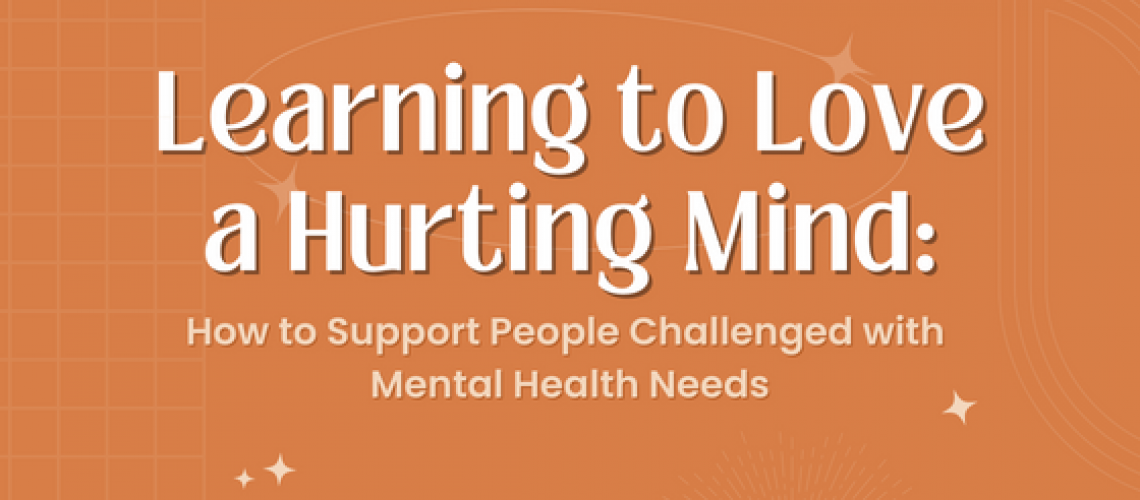In the world of mental health, one of the biggest problems is the feeling of isolation and loneliness. Many who are challenged with anxiety disorders, mood disorders, or some type of psychological disorder often believe that no one else is struggling or that they themselves cannot depend on anyone else.
This cannot be farther from the truth.
One in five adults within the United States lives with some debilitating mental illness. While the severity and type of such a condition differs between people, the baseline fact does not change; there are other people in the world living with the same challenges and similar difficulties. There are people capable of understanding and empathizing, and there are lots of them.
Not too long ago, I wrote about the differences between empathy and sympathy. In that blog post I made the distinction of how sympathy maintains a distance between the sufferer and server while empathy is identifying oneself in the sufferer. I said that when we empathize the sufferer can feel seen and heard, immediately dispelling the feelings of loneliness and isolation.
So how can we practice empathy? What shows people that are challenged daily that someone else understands and will help them bear the burden of their suffering?
The first two things that come to mind are listening and remembering. Listen to their story, their emotions. Hear what they say and how they say it. Where in your own life and memory have you experienced something similar to what they have shared? From what place can you reach out and say, ‘I know that feeling, and I want you to know that I am here with you to help you bear the weight’?
Being able to empathize does not mean that we share identical experiences with the sufferer. It means that we find connection in our humanity and our pain. It acknowledges the unique experience that each person had while keeping your own challenges and struggles separate. When you find that commonality within your emotions and experience understanding, you find a foundation for support. You make the connection that reveals just how present you are with the sufferer and thereby dispelling the illusion of isolation.
This ought to be our goal. We ought to bear a light in the dark for those who believe that they are alone and show them that we are present and want to be present. We ought to be bearers of hope for those suffering from mental health challenges.
This is where education plays a role. By educating ourselves and each other, we can lay the framework for empathy. That way, even if you begin with no understanding or experience of mental health needs and emotions, you can learn how to best provide for such individuals. You can learn how to address them in a gentle but firm manner. You are able to act as a guide or as a counselor or even just as a comforting presence.
So now you see that education is a foundation for empathy and empathy is a foundation for support. As I said in my previous blog, ‘empathy is the communion within suffering.’ It demands presence, and this presence can serve as the starting block for the person you are serving as they move forward. However, we can only serve as far as our understanding takes us, which is why it is necessary to learn more and be better educated about these challenges; what they are, how they manifest, how they begin, and how to address them.
This week, we will be working our way through each of these topics, hopefully discovering where you can use your talents and strengths to the best of your abilities in this ever-growing field of need.
– Maria Lotti, YES Intern




